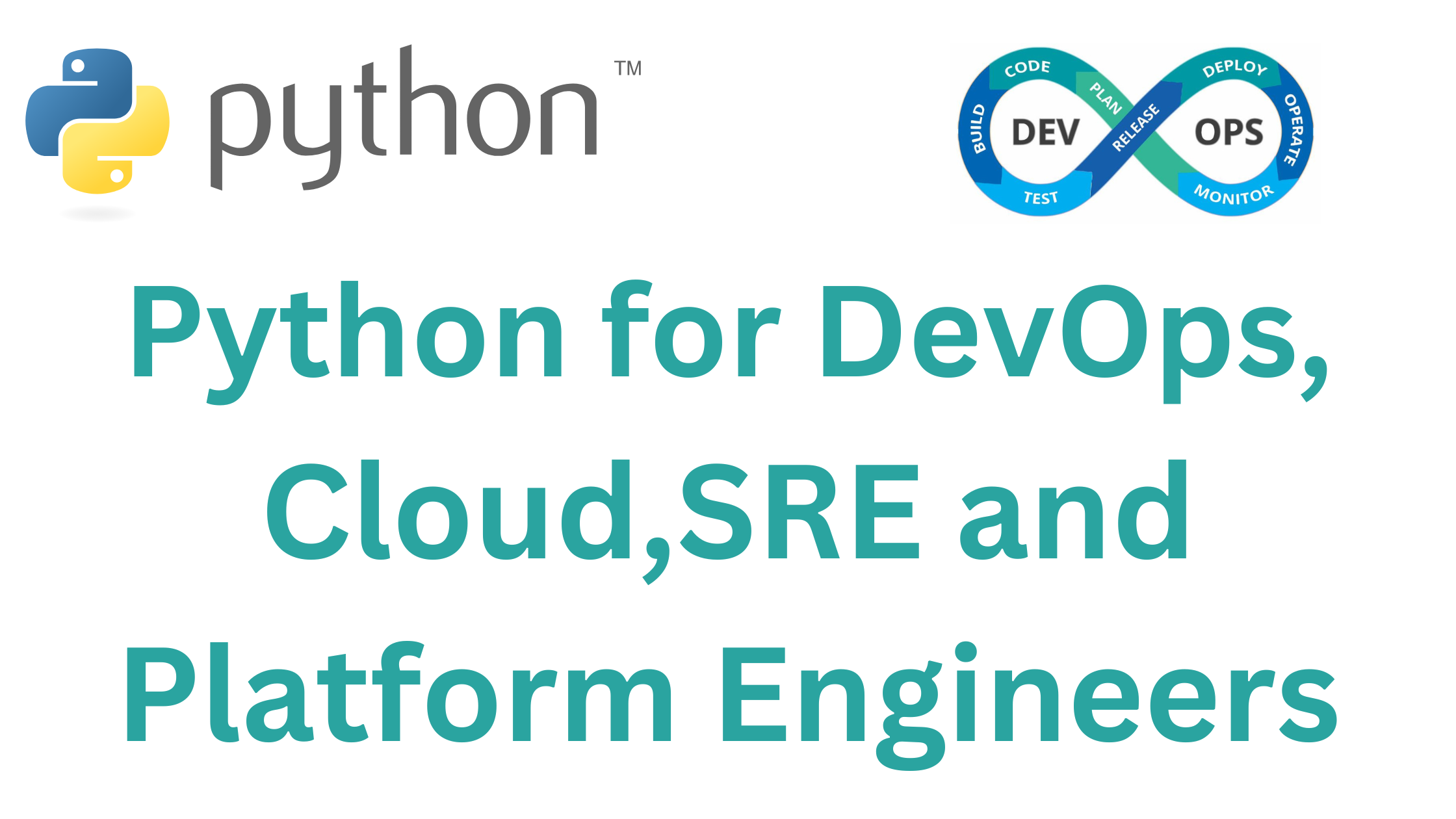Similar Posts

Udemy Course on Python for DevOps,Cloud,SRE and Platform Engineers
This course is designed to equip learners with the Python programming skills essential for excelling…

This course is designed to equip learners with the Python programming skills essential for excelling…